- Planet
- Energy
- Health and biotech
- Digital
- Space
- Economics
- Industry
- Science and technology
- Society
- Geopolitics
- Neuroscience
- Videos
- Magazine

Interview de Isabelle Méjean, Professor of Economics at Sciences Po
On July 3rd, 2025On 9 July 2025, the temporary freeze on reciprocal tariffs imposed by the United States on a large number of trading partners will come to an end.

Interview de Ioan Roxin, Professor Emeritus at Marie et Louis Pasteur University
On July 3rd, 2025A study showed that 83% of AI users were unable to remember a passage they had just written for an essay. A look at the impact of AI on our brains.
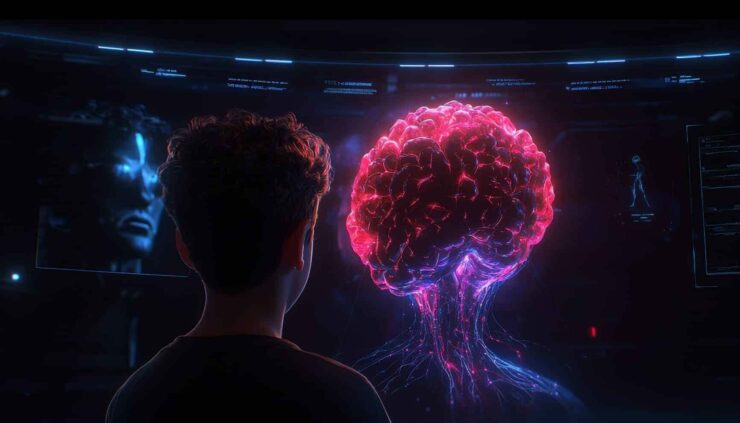
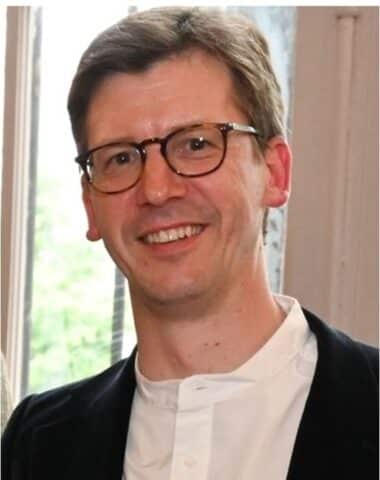
Interview de Cyrille Sollogoub, Professor at CNAM, Didier Dalmazzone, Professor of Chemistry and Processes at ENSTA (IP Paris)
On July 3rd, 2025Interview de Peter Tankov, Professor of Quantitative Finance at ENSAE (IP Paris), Olivier David Zerbib, Researcher at CREST and Assistant Professor at ENSAE (IP Paris)
On June 25th, 2025In the age of Trump, green finance is being called into question for political reasons as the climate emergency intensifies.

Interview de Joël Aubin, Research Engineer at INRAE
On June 25th, 2025A reduction in animal protein consumption among adults in France could lead to a decrease of the impact of food on climate change, acidification and land use.

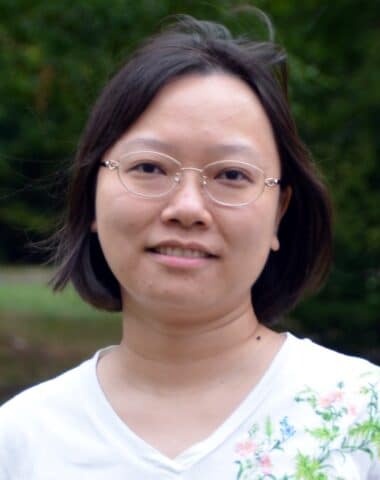
Interview de Xiang Zhang, CNRS Researcher at Laboratoire d'études spatiales et d'instrumentation en astrophysique, Philippe Zarka, CNRS Research Director at Laboratoire d'instrumentation et de recherche en astrophysique
On June 25th, 2025Interview de Francesca Musiani, CNRS Research Director and Head of Centre Internet et Société
On June 18th, 2025In 2020, the EU launched the Gaia-X project, which aims to build an interoperable, secure data infrastructure that complies with European standards.

Interview de William Parker, Graduate Researcher at Massachusetts Institute of Technology
On June 18th, 2025Increased greenhouse gas (GHG) emissions will make it increasingly difficult to maintain satellite operations in low Earth orbit.

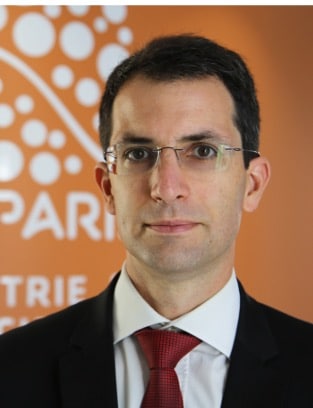
Interview de Guillaume Couillard, Chief Executive Officer of Paris Psychiatry & Neurosciences GHU, Etienne Minvielle, Director of the Centre de Recherche en Gestion at Ecole Polytechnique (IP Paris)
On June 18th, 2025Interview de Martin Collet, Professor at Université Paris Panthéon-Assas
On June 11th, 2025True, false or uncertain? GAFAMs benefit from more advantageous tax regimes than traditional companies in Europe...

Interview de Fanny Henriet , CNRS Research Director at Aix-Marseille School of Economics and Lecturer at Ecole Polytechnique (IP Paris), Christian Gollier, Executive Director at Toulouse School of Economics
On June 11th, 2025Faced with global warming, it is now crucial for insurance companies to address environmental issues and climate disasters.

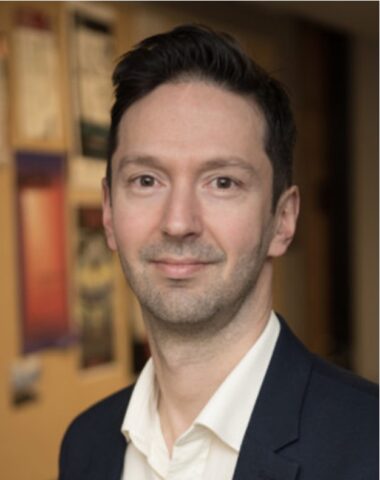
Interview de Jean-François Gagné, Researcher at the Centre for International Studies and Research at Université de Montréal
On June 11th, 2025Interview de Philippe Huneman, CNRS Research Director at Université Paris 1 Panthéon-Sorbonne, Oana Goga, Inria Research Director at Ecole Polytechnique (IP Paris)
On May 28th, 2025The data we leave on websites is shared and sold, in particular to influence our online purchasing behaviour through targeted advertising.

Interview de Lionel Suchet, Chairman and Chief Executive Officer of CNES
On May 28th, 2025Faced with increased international competition, Europe is seeking to (re)gain its autonomy and competitiveness in the space sector.

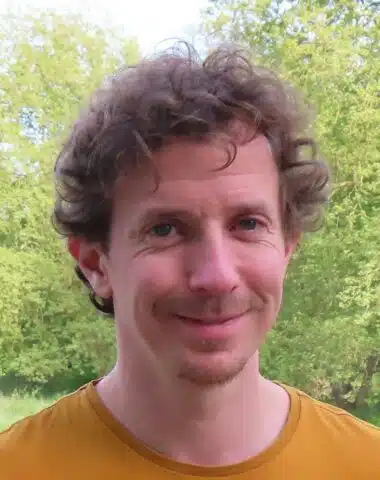
Interview de Clément Marquet, Research fellow at Centre de Sociologie de l'Innovation at Mines Paris - PSL
On June 5th, 2025Interview de
On June 5th, 2024What is quantum physics? What are the applications of quantum technologies? Dive into the universe of the infinitely small with this issue of 3.14.

Interview de Giuseppe Gangarossa, Professor of Neurobiology at Université Paris Cité
On May 21st, 2025Lipids may influence our reward system.

Interview de Léo Péria-Peigné, Researcher at the Ifri Centre for Security Studies
On May 21st, 2025In recent years, there has been a gradual rearmament of EU member states and defence budgets are generally on the rise.

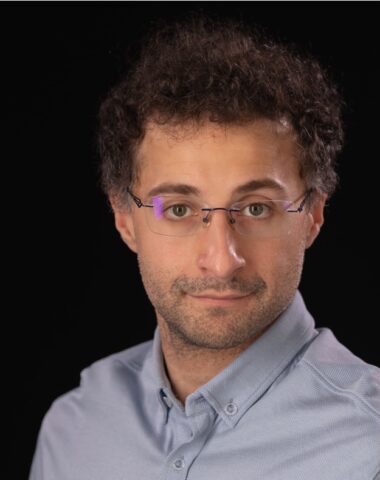
Interview de Enzo Tartaglione, Associate Professor at Télécom Paris (IP Paris)
On May 21st, 2025Interview de Julien Prat, CNRS researcher at CREST and head of the Blockchain Chair at Ecole Polytechnique (IP Paris), Jezabel Couppey-Soubeyran, Lecturer at Université Panthéon-Sorbonne and Scientific Adviser to Institut Veblen
On May 14th, 2025In October 2025, the European Central Bank could take a major step forward with the introduction of the digital euro.
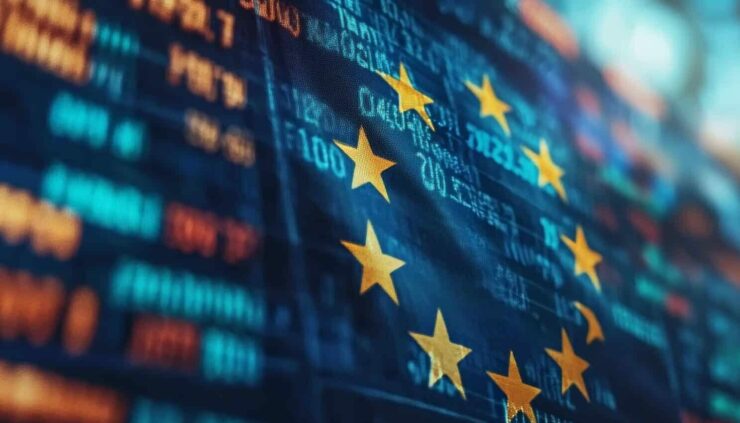 More columns here
More columns here

Interview de Cyrille Sollogoub, Professor at CNAM , Didier Dalmazzone, Professor of Chemistry and Processes at ENSTA (IP Paris)
Interview de Didier Dalmazzone, Professor of Chemistry and Processes at ENSTA (IP Paris)
Interview de Patricia Crifo, Professor of Economics at Ecole Polytechnique (IP Paris) , Ao Li, Master's Student at Ecole Polytechnique (IP Paris) , Wenrui Dai, Master's Student at Ecole Polytechnique (IP Paris) , Inès Glangeaud, Master's Student at Ecole Polytechnique (IP Paris)
Interview de James Quach, Chief Scientist at the Commonwealth Scientific and Industrial Research Organisation (CSIRO), Austral...
Interview de María Eugenia Sanin, Lecturer in economics at Université Paris Saclay and coordinator of the Sectoral Policies group at t...
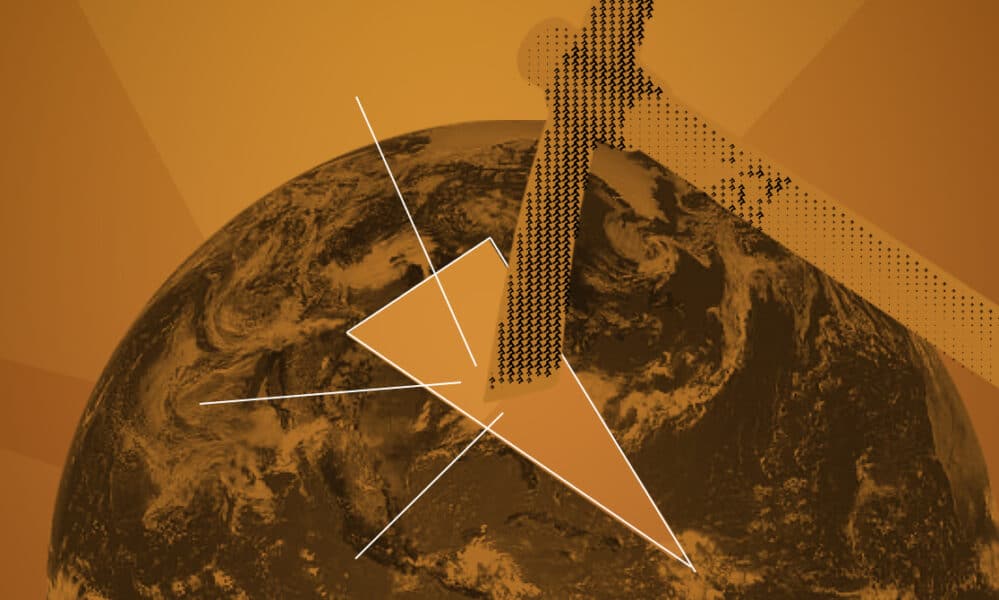
Interview de Pierre-Alexandre Reninger, Geophysicist at the French Geological and Mining Research Bureau (BRGM) , Matthieu Chevillard, Geologist at the French National Geological Survey (BRGM)
Interview de Emmanuel Hache, Assistant and Economist-Prospector at IFP Énergies nouvelles and Research Director at IRIS , Émilie Normand, Economist Engineer, Head of Research at IFP Énergies nouvelles , Candice Roche, Research Fellow in Geopolitics of Metals and Ecological Transition at IFPEN
Interview de Emmanuel Hache, Assistant and Economist-Prospector at IFP Énergies nouvelles and Research Director at IRIS , Candice Roche, Research Fellow in Geopolitics of Metals and Ecological Transition at IFPEN , Vincent d’Herbemont, Civil engineer in the economics and environmental assessment department at IFP énergies nouvelles , Louis-Marie Malbec, Economist engineer at IFP énergies nouvelles

Interview de William Parker, Graduate Researcher at Massachusetts Institute of Technology
Interview de Marielle Saunois, Lecturer and Researcher at Université Versailles Saint Quentin and Member of Climate and Environment...
Interview de Jean-Pierre Diris , Interministerial Coordinator for France on IRIS² and GOVSATCOM
Interview de Ahmad Al Bitar, CNRS Research Engineer at Centre d'Études Spatiales de la Biosphère , Veronika Antonenko, Research Engineer at Centre d'Études Spatiales de la Biosphère
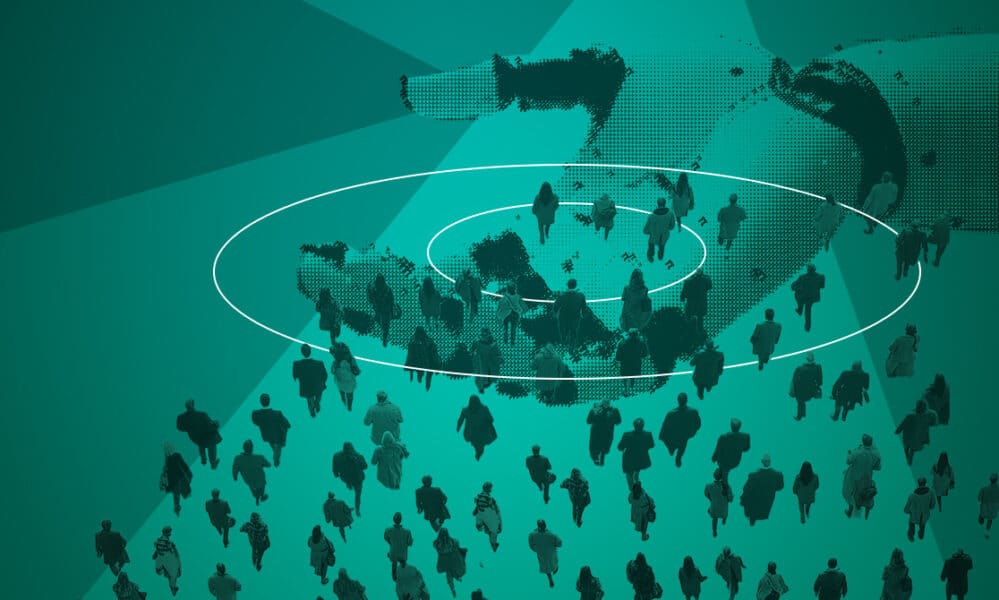
Interview de Martin Collet, Professor at Université Paris Panthéon-Assas
Interview de Philippe Huneman, CNRS Research Director at Université Paris 1 Panthéon-Sorbonne , Oana Goga, Inria Research Director at Ecole Polytechnique (IP Paris)
Interview de Joëlle Toledano, Emeritus Professor of Economics at Université Paris Dauphine , Charles Thibout, Associate Doctor at CESSP and Associate Researcher at IRIS
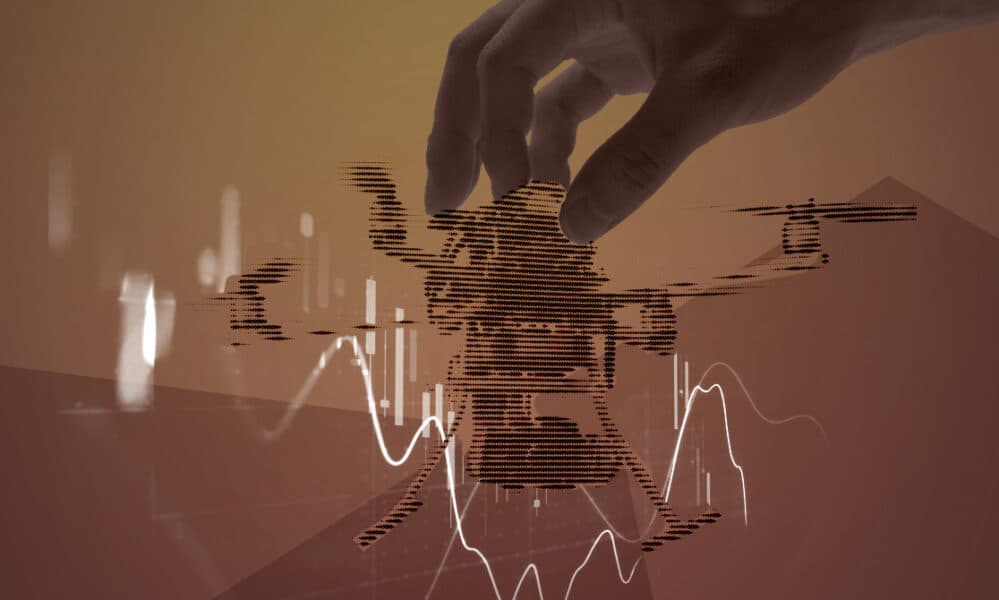
Interview de Léo Péria-Peigné, Researcher at the Ifri Centre for Security Studies
Interview de Laure Colin, PhD student at the Centre for Management Research (I³-CRG*) at Ecole Polytechnique (IP Paris)
Interview de Lucie Liversain, PhD student at I³-CRG* at Ecole Polytechnique (IP Paris)
Interview de Thierry Berthier, Scientific director of the European professional federation for security drones

Interview de Giuseppe Gangarossa, Professor of Neurobiology at Université Paris Cité
Interview de Guillaume Airagnes, Lecturer at Université Paris Cité , Amine Benyamina, Professor at Paris Saclay Faculty of Medicine
Interview de Grégoire Borst, Professor of Psychology at Université Paris Cité
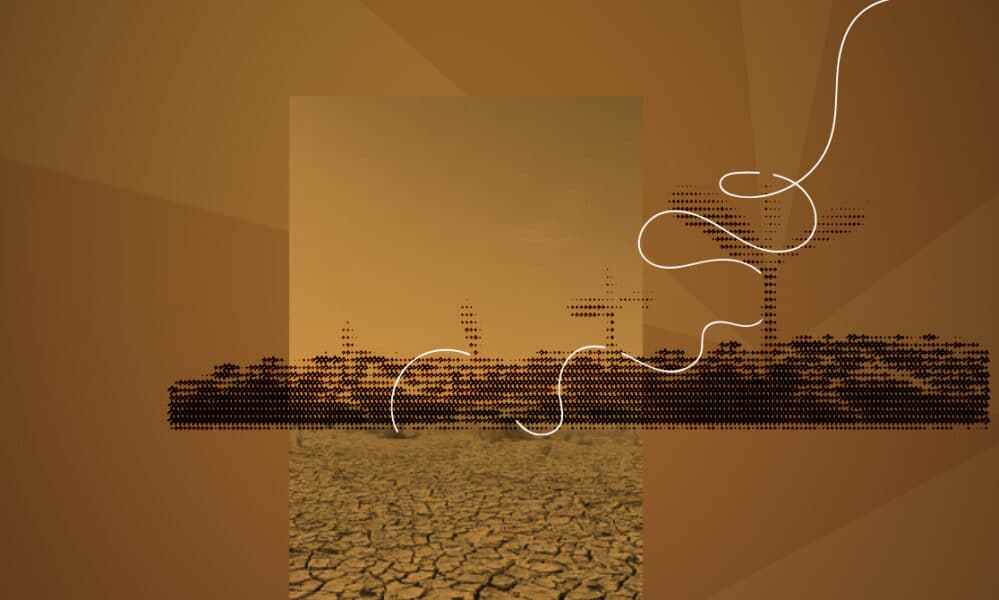
Interview de Anne de Bortoli, Associate Professor at Université du Québec and Associate Researcher at Ecole des Ponts ParisTech (I... , Jean-Philippe Hermine, Managing Director of Institut Mobilités en Transition at Institut du développement durable et des re...
Interview de Anna Pérez Català, Head of Research at Institut du Développement Durable et des Relations Internationales
Interview de Vincent Jassey, CNRS researcher at Centre for Research on Biodiversity and the Environment

Interview de Geoffroy Peeters, Professor of Data Science at Télécom Paris (IP Paris)
Interview de Titus Zaharia, Professor at Télécom SudParis (IP Paris) , Marius Preda, Associate Professor at Institut MINES-Télécom
Interview de Marie-Paule Cani, Professor of Computer Science at École Polytechnique (IP Paris) and member of the Académie des Scien...
Interview de Gaël Richard, Professor at Télécom Paris (IP Paris) and Scientific Co-director of the Hi! PARIS interdisciplinary ...
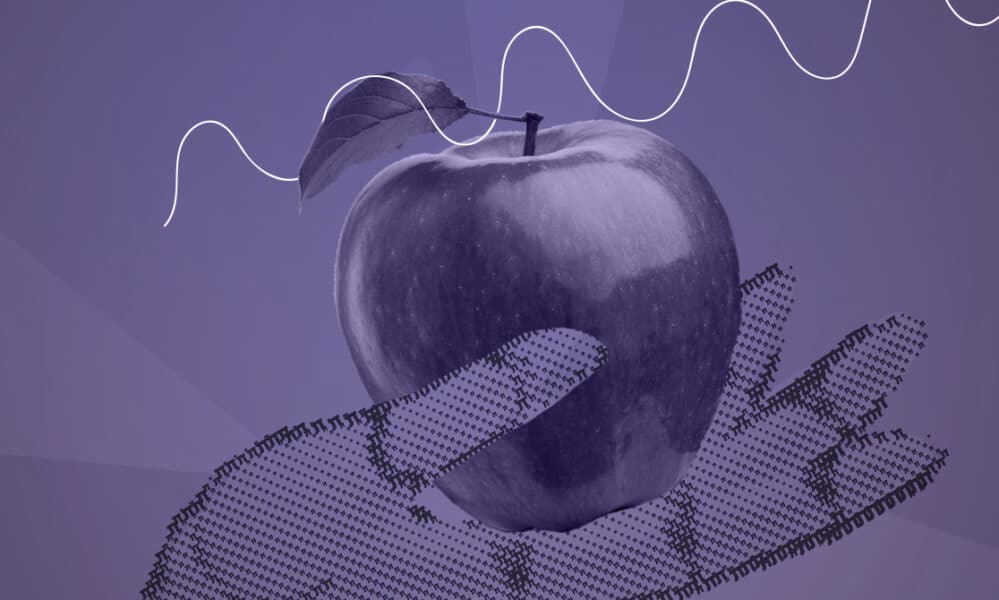
Interview de Éric Moulines, Professor of Statistical Learning at École Polytechnique (IP Paris) , Hatim Bourfoune, AI research engineer at IDRIS (CNRS) , Pierre Cornette, AI support engineer at IDRIS (CNRS)
Interview de Janine Berg, Economist with the International Labour Organisation (UN)
Interview de Laure Soulier, Senior Lecturer at Sorbonne University in the "Machine Learning and Information Access" team
Interview de Thierry Rayna, Researcher at the CNRS i³-CRG* laboratory and Professor at École Polytechnique (IP Paris) , Erwan Le Pennec, Professor at École Polytechnique (IP Paris)

Interview de Denis Couvet, President of the Foundation for Research on Biodiversity and Professor at Muséum National d'Histoire...
Interview de Tania Louis, PhD in biology and Columnist at Polytechnique Insights
Interview de Benoit Pisanu, Ecology researcher at MNHN
Interview de Clémentine Mutillod, PhD student at the Mediterranean Institute of Biodiversity and Ecology at Avignon Université , Simon Chollet, Lecturer at Université de Rennes
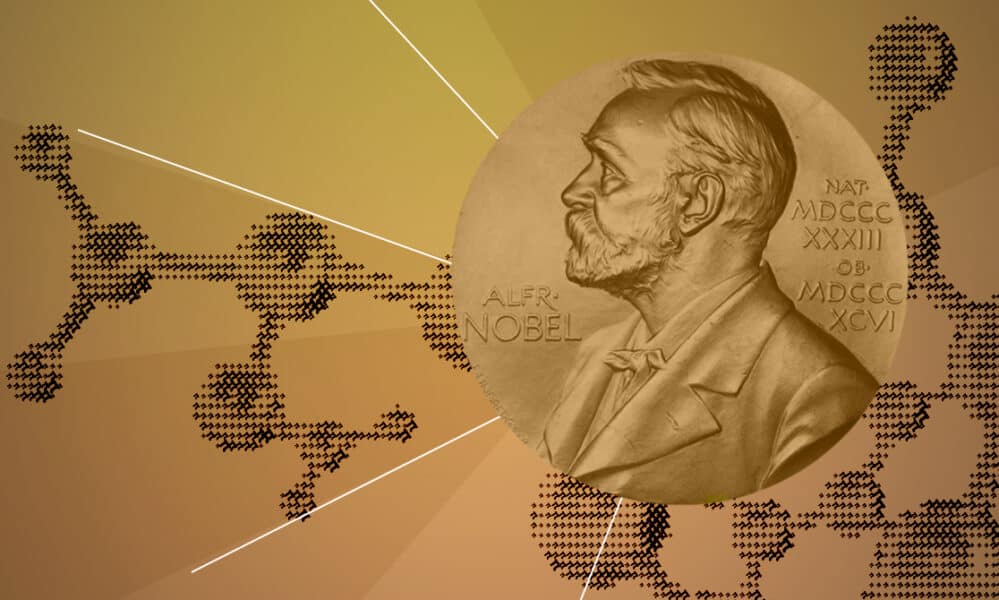
Interview de Pierre Boyer, Professor of Economics at Ecole Polytechnique (IP Paris) and Member of CREST , Héloïse Cloléry, Post-Doctoral Fellow at Bocconi University in Milan , Matías Núñez, Professor at Ecole Polytechnique (IP Paris) and Permanent Member of CREST
Interview de Sara Signorelli , Assistant professor at CREST at Ecole Polytechnique (IP Paris) , Roland Rathelot, Professor of Economics at ENSAE (IP Paris)
Interview de Stefan Haessler, CNRS Research Fellow (IP Paris)
Interview de Thierry Gacoin, Professor of Materials Science in the Physics and Chemistry Departments of École Polytechnique (IP P...
Interview de Tania Louis, PhD in biology and Columnist at Polytechnique Insights

Interview de Boris Cheval, Assistant Professor of Psychology at ENS Rennes
Interview de Anne Muxel, Research Director of Sociology and Political Science Research at CNRS (CEVIPOF/Sciences Po)
Interview de Catherine Rolland, Project Manager for the Science and Video Games Chair at Ecole Polytechnique (IP Paris)
Interview de Guillaume Bronsard, Child and adolescent psychiatrist at Université de Bretagne Occidentale
Interview de Grégoire Borst, Professor of Psychology at Université Paris Cité

Interview de Gilles Grandjean, Co-Director of France 2030 Scientific Program Risques (IRiMa)
Interview de Hervé Douville, Researcher at Centre National de Recherches Météorologiques (CNRM)
Interview de Simon Mittelberger, Climatologist at Météo-France specialising in Water Resources , Bertrand Decharme, CNRS Research Director at Centre National de Recherches Météorologiques (CNRM) , Eric Sauquet, Research Director in Hydrology at INRAE
Interview de Jan Polcher, Research Director at the Dynamic Meteorology Laboratory (CNRS) and lecturer at Ecole Polytechnique (...
Interview de Pilar Acosta, Professor in Management of Innovation at Ecole Polytechnique (IP Paris) , Juan Diego Avila Hurtado, Master's Student at Ecole Polytechnique (IP Paris) , Hector Bonnel, Master's Student at Ecole Polytechnique (IP Paris) , Alexander Bracklo, Master's Student at Ecole Polytechnique (IP Paris)

Interview de Delphine Oudiette, Inserm Research Director and Co-Director of DreamTeam at Institut du Cerveau in Paris , Claudia Picard-Deland, Postdoctoral Researcher in the Department of Psychiatry and Addictology at Université de Montréal
Interview de William Wisden, Professor at Imperial College London, Member of the Academy of Medical Sciences and the Royal Societ...
Interview de Armelle Rancillac, Researcher in Neuroscience at Inserm and Collège de France
Interview de Jean-Philippe Empana, Physician and Inserm Research Director at Paris Cardiovascular Research Center (PARCC)

Interview de Etienne Minvielle, Director of the Centre de Recherche en Gestion at Ecole Polytechnique (IP Paris)
Interview de Mounîm A. El Yacoubi, Professor at Télécom SudParis (IP Paris)
Interview de Cécile Patte, Inria engineer in biomechanics, Jeunes Talents France 2020 prize "For women in science" (L'Oréal-Une...
Interview de Emmanuel Didier, Sociologist, CNRS Research Director and member of the Maurice Halbwachs Centre at EHESS
Interview de Joël Perez Torrents, PhD student at I³-CRG* at École Polytechnique (IP Paris)
Interview de Etienne Minvielle, Director of the Centre de Recherche en Gestion at Ecole Polytechnique (IP Paris) , Alexis Hernot, Co-founder and CEO of Calmedica
Interview de Etienne Minvielle, Director of the Centre de Recherche en Gestion at Ecole Polytechnique (IP Paris) , Antoine Flahault, PhD in biomathematics

Interview de Christophe Gaie, Head of the Engineering and Digital Innovation Division at the Prime Minister's Office , Jean Langlois-Berthelot, Ph.D. in Applied Mathematics and Head of Division in the French Army
Interview de Alain Aspect, Nobel Prize in Physics 2022, Professor at the Institut d'Optique Graduate School (Université Paris-S...
Interview de Laurent Sanchez-Palencia, CNRS Research Director in Quantum Physics and Professor at Ecole Polytechnique (IP Paris)
Interview de Pierre Henriquet, Doctor in Nuclear Physics and Columnist at Polytechnique Insights
Interview de Loïc Henriet, CTO at Pasqal , Landry Bretheau, Professor at Ecole Polytechnique, Quantum Physicist and Researcher in the Laboratory of Condensed Ma...
Interview de Pierre Henriquet, Doctor in Nuclear Physics and Columnist at Polytechnique Insights
Interview de Pierre Henriquet, Doctor in Nuclear Physics and Columnist at Polytechnique Insights

Interview de Nicolas Duvoux, Professor of Sociology at Université Paris VIII
Interview de Guillaume Hollard, Professor of Economics at Ecole Polytechnique (IP Paris) , Camille Peugny, Professor of Sociology at Université de Versailles Saint-Quentin-en-Yvelines
Interview de Gwenn Menvielle, Research Director in Post-Cancer at Inserm , Aurore Loretti, Lecturer at ETHICS Laboratory's Medical Ethics Centre at Université Catholique de Lille
Our world through the lens of science. Every week, in your inbox.
Get the newsletter